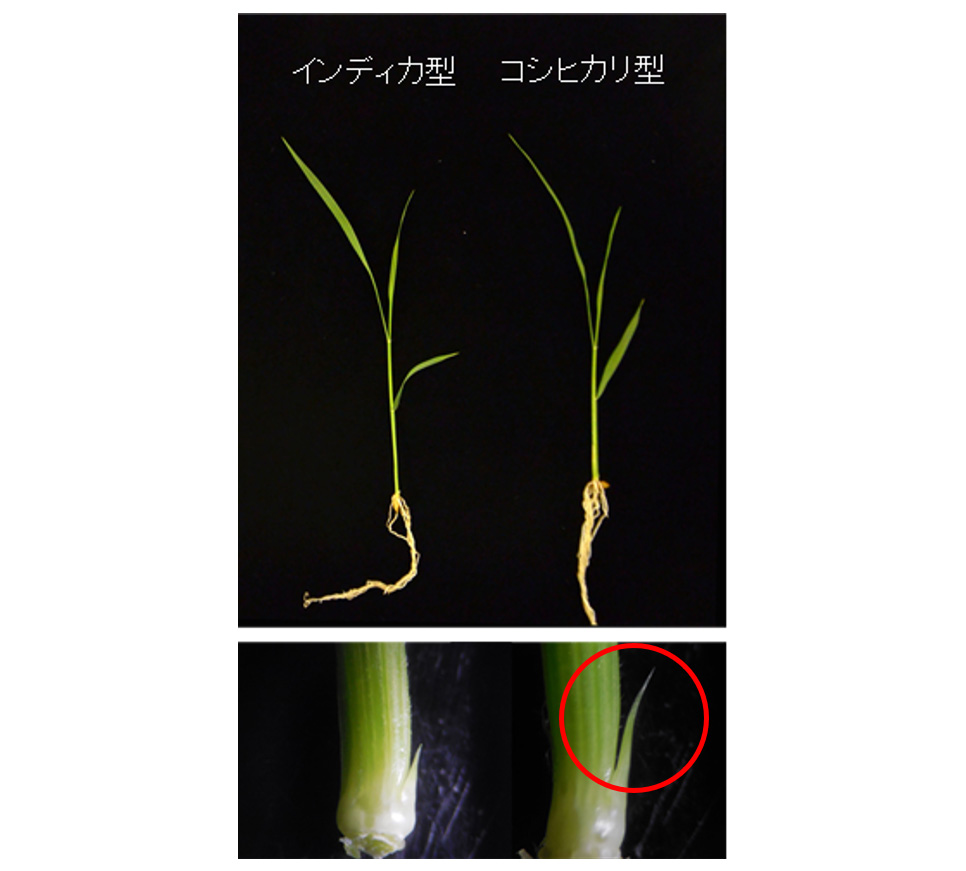2023-03-30 カーネギーメロン大学

A team from CMU and Oxford University have developed an algorithm that conceals sensitive information so effectively that it is impossible to detect, like the map image hidden in the cat above.
このアルゴリズムは、自動生成コンテンツに適用でき、ジャーナリストや支援活動家にとって有用である可能性があります。最小エントロピー結合と呼ばれる情報理論の新しい発展に基づいており、研究結果は5月に発表される予定です。
<関連情報>
- https://www.cs.cmu.edu/news/2023/secure-secret-communications
- https://www.eurekalert.org/news-releases/981758
- https://arxiv.org/abs/2210.14889
最小エントロピー結合を用いた完全安全なステガノグラフィー
Perfectly Secure Steganography Using Minimum Entropy Coupling
Christian Schroeder de Witt, Samuel Sokota, J. Zico Kolter, Jakob Foerster, Martin Strohmeier
arXiv last revised :6 Mar 2023
DOI:https://doi.org/10.48550/arXiv.2210.14889
Steganography is the practice of encoding secret information into innocuous content in such a manner that an adversarial third party would not realize that there is hidden meaning. While this problem has classically been studied in security literature, recent advances in generative models have led to a shared interest among security and machine learning researchers in developing scalable steganography techniques. In this work, we show that a steganography procedure is perfectly secure under \citet{cachin_perfect}’s information theoretic-model of steganography if and only if it is induced by a coupling. Furthermore, we show that, among perfectly secure procedures, a procedure is maximally efficient if and only if it is induced by a minimum entropy coupling. These insights yield what are, to the best of our knowledge, the first steganography algorithms to achieve perfect security guarantees with non-trivial efficiency; additionally, these algorithms are highly scalable. To provide empirical validation, we compare a minimum entropy coupling-based approach to three modern baselines — arithmetic coding, Meteor, and adaptive dynamic grouping — using GPT-2 and WaveRNN as communication channels. We find that the minimum entropy coupling-based approach yields superior encoding efficiency, despite its stronger security constraints. In aggregate, these results suggest that it may be natural to view information-theoretic steganography through the lens of minimum entropy coupling.



